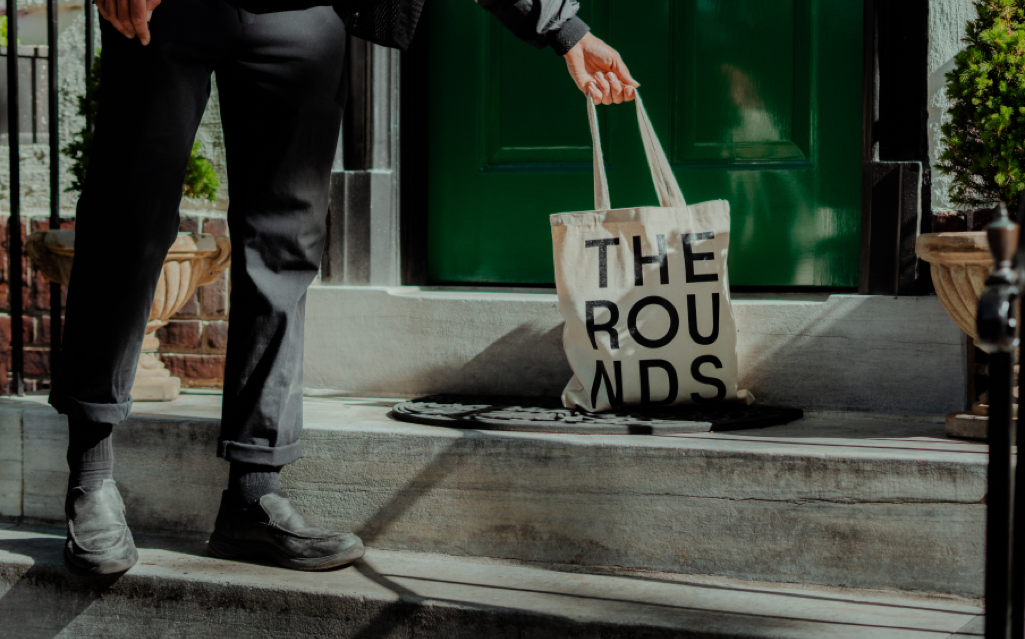Small, specialized businesses are becoming inventive in their attempts to take market share away from category giants by providing very specific perks and advantages as customers look more and more to digital channels to satisfy their grocery demands.
However, the trend is simply not being noticed by consumers; sustainability-focused eGrocer The Rounds, which offers reusable and refillable containers to reduce waste, disclosed that it had secured a $38 million Series A financing to support its expansion goals.


The grocery store presently operates in Philadelphia, Miami, Atlanta, and Washington, D.C., where customers can drop off items and pick up reusable containers on a predetermined day of the week.
What The Rounds is creating, according to Co-Founder and CEO Alex Torrey, “is a psychic home manager to keep your home stocked, by refilling and delivering all the necessities and neighborhood favorites—from toilet paper to local coffee—without the packaging waste from cardboard boxes and single-use plastic.” Our incredibly effective, two-way last-mile logistics network powers everything.
The Rounds is undoubtedly not the only online grocer attempting to allay consumers’ environmental worries. Consider Misfits Market, which advertises sustainable goods and perfectly good items that would have otherwise gone to waste. One can get organic produce and sustainably sourced groceries delivered at up to 40% off grocery store prices. Last month, they announced the acquisition of Imperfect Foods, another eGrocer that focuses on sustainability.
With this viewpoint, small grocers have the ability to differentiate themselves from online grocery giants that may guarantee ease and the lowest prices, such as Walmart and Amazon, and to attract customers whose demands are not being satisfied by these category leaders.
One would think that the younger a consumer is, the more likely they are to buy groceries online, therefore a focus on sustainability would help attract a huge Generation Z audience, but this is not always the case. According to statistics from PYMNTS’ recent report “Super Apps for the Super Connected,” published in partnership with PayPal, millennials are the most likely to purchase online groceries, followed closely by bridge millennials and Generation Xers.
According to the analysis, which was based on a survey of over 9,900 customers in the United States, the United Kingdom, Australia, and Germany, Gen Zers were the least likely — even less likely than baby boomers and seniors — to buy groceries online.
Others, such as Weee, Yami who rasied $50M Series B to boost its online Asian marketplace earlier this year, and Quickly, offer cuisine specialized to specific cultures and regions, offering a larger assortment of these goods than any of the Leading Grocers.




